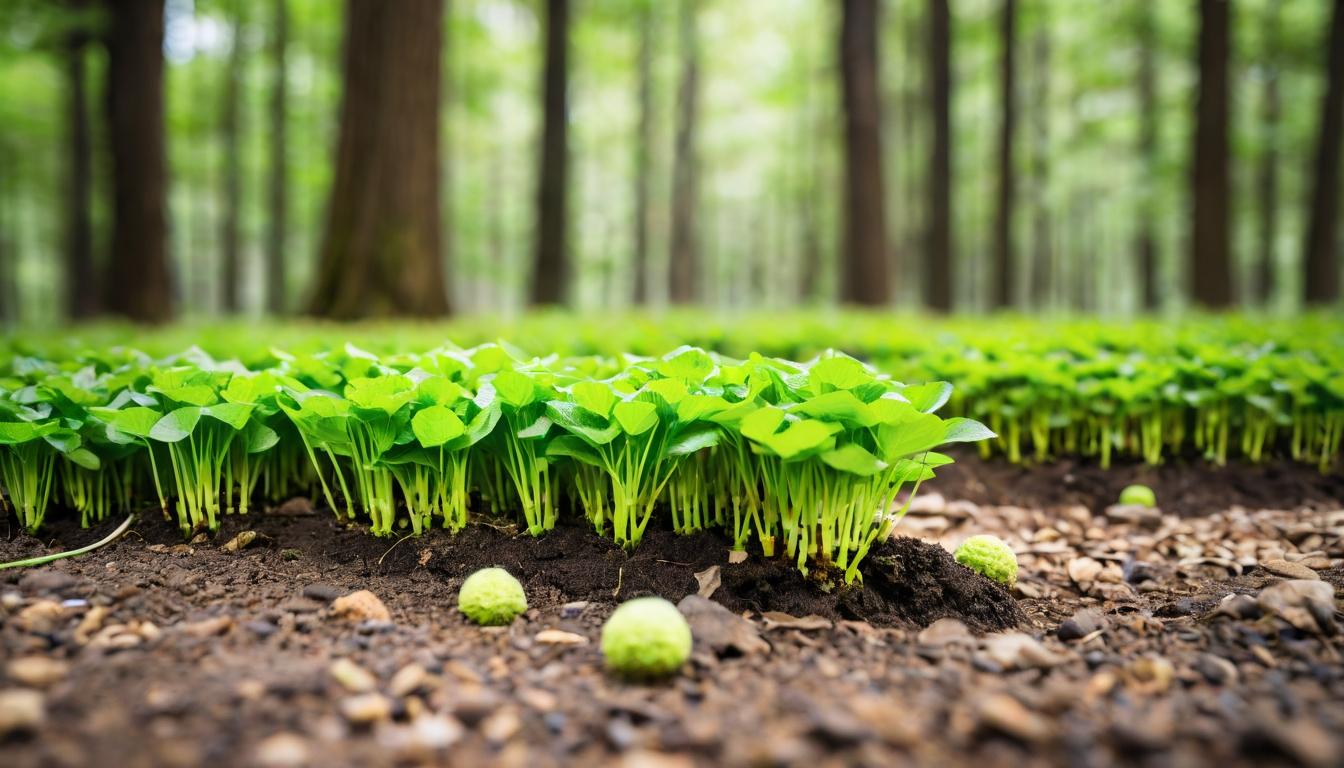There's a secret world hiding in plain sight, one that most of us walk past every day without a second glance. It's a world where the ordinary becomes extraordinary, where the mundane reveals hidden depths, and where the facts we take for granted often turn out to be anything but true. As someone who's spent years digging into the curious corners of human knowledge, I've discovered that reality is far stranger than we imagine.
Consider the simple act of walking. Most people assume they know how to walk properly, but research reveals that nearly everyone does it wrong. Our modern shoes, with their cushioned soles and arch support, have actually weakened our feet over generations. Indigenous populations who go barefoot or wear minimal footwear have stronger arches, better balance, and fewer foot problems. The very foundation of how we move through the world has been compromised by our attempts to make it more comfortable.
Then there's the mystery of the disappearing sense of smell. While we often worry about losing our vision or hearing as we age, few consider that our sense of smell diminishes by about 50% between ages 25 and 80. This isn't just about missing out on pleasant aromas—it's a serious health concern. Our ability to detect smoke, gas leaks, or spoiled food depends on this underappreciated sense. What's more surprising is that smell loss can be an early indicator of neurological conditions like Parkinson's or Alzheimer's, making it far more important than we realize.
The animal kingdom holds its own share of revelations that challenge our assumptions. Take the humble octopus, for instance. These creatures have three hearts, blue blood, and brains in their arms—literally. Each tentacle contains clusters of neurons that can operate independently from the main brain. An octopus arm severed from its body can still grasp food and attempt to bring it to where the mouth would be. This distributed intelligence system makes them among the most alien creatures on our planet, yet we share the oceans with them.
Even our relationship with time contains hidden oddities. The concept of 'blue Monday,' supposedly the most depressing day of the year, was actually invented by a travel company as a marketing ploy. There's no scientific basis for it whatsoever. Meanwhile, the seven-day week we take for granted isn't based on any astronomical cycle—it's purely a human invention that has persisted for millennia despite having no connection to the natural world.
Our food contains secrets that would surprise most consumers. That beautiful pink color in farm-raised salmon? It's artificially added through their feed. Wild salmon get their color from eating krill and shrimp, but farmed fish would be gray without synthetic pigments. Similarly, wasabi served in most restaurants isn't real wasabi at all—it's typically horseradish, mustard, and green food coloring. Real wasabi is expensive and loses its flavor within minutes of being grated.
Language itself hides curious truths. The word 'nightmare' has nothing to do with horses, despite what the spelling might suggest. It comes from 'mare,' an Old English word for a demon that was believed to sit on people's chests while they slept, causing the sensation of being unable to breathe or move—what we now call sleep paralysis. This condition affects about 8% of people at some point in their lives, yet for centuries it was attributed to supernatural beings.
The digital world we inhabit daily contains its own set of hidden realities. Those 'like' buttons and social media notifications are carefully engineered to trigger dopamine releases in our brains, creating what psychologists call 'variable ratio reinforcement'—the same psychological principle that makes slot machines so addictive. We're not just choosing to check our phones; we're responding to carefully crafted psychological triggers.
Even something as fundamental as memory turns out to be far less reliable than we assume. Every time we recall a memory, we're actually reconstructing it rather than playing back a recording. This process can introduce errors and alterations, meaning our most cherished memories may be partly fictional. Studies show that people can be convinced they remember childhood events that never actually happened to them.
Nature continues to surprise us with its ingenuity. Trees in forests communicate through underground fungal networks, sharing nutrients and warning each other about pests. Scientists call this the 'wood wide web,' and it demonstrates that cooperation between species is far more common in nature than the 'survival of the fittest' narrative we often hear.
The human body contains mysteries we're still unraveling. The appendix, long dismissed as a useless evolutionary leftover, actually serves as a safe house for beneficial gut bacteria. After illnesses that wipe out intestinal flora, the appendix helps repopulate the digestive system. This supposedly unnecessary organ turns out to be an important biological insurance policy.
What all these facts reveal is that the world is filled with layers of complexity and contradiction that most of us never notice. The ordinary is extraordinary when you look closely enough, and the truths we take for granted often crumble under scrutiny. The real wonder isn't in seeking out the exotic, but in discovering the marvels hidden in what we see every day.
Perhaps the most important lesson from exploring these curious facts is that maintaining a sense of wonder about the everyday world keeps our minds flexible and open. In an age of information overload, the ability to question assumptions and look deeper into ordinary things might be one of our most valuable skills. The world is weirder, more wonderful, and more mysterious than we imagine—and that's the most fascinating fact of all.
The hidden world of everyday oddities: surprising facts that will change how you see things

